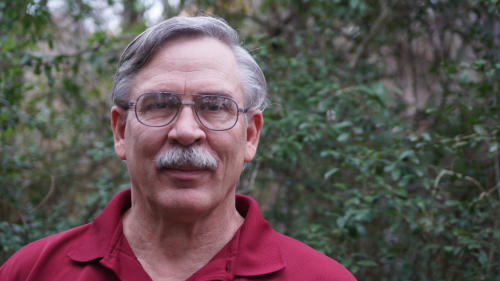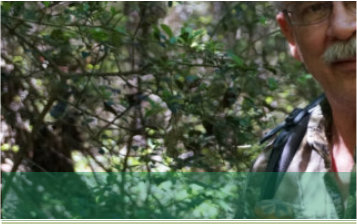Master Hughes Consulting
936-445-0095
1. Tree Diagnosis
Pest & Disease Identification: Arborists can identify pests like aphids, termites, and
bark beetles, as well as tree diseases such as root rot, fungal infections, and blight.
They can determine the appropriate course of action—whether it’s pruning, using
organic treatments, or removing infected limbs.
Nutrient Deficiency: They assess signs of nutrient imbalances such as yellowing
leaves or stunted growth and recommend fertilization or soil treatments.
2. Soil & Root Health
Soil Testing & Improvement: Tree doctors often analyze soil health, looking for
issues like compaction or poor drainage. They may recommend soil amendments
or replanting in healthier soils.
Root Care: They can identify root damage or disease (e.g., root rot) and may offer
treatments to help the tree recover, or even root-collar excavation in some cases.
3. Tree Fertilization
Soil Fertility: Fertilization isn’t a one-size-fits-all approach. An arborist can suggest
specific nutrients required for a tree to thrive, tailoring the fertilization method to the
tree species, age, and surrounding environment.
Organic vs. Chemical Solutions: Tree doctors are well-versed in the debate of
organic versus chemical treatments and will choose what’s best for both the tree
and its surrounding ecosystem.
4. Tree Preservation & Protection
Emergency Care: After storms or other natural events, arborists assess the
damage and offer treatments to save trees that are stressed or damaged.
Protection Against Mechanical Injury: Arborists can recommend the installation of
physical barriers to protect tree trunks or roots from mechanical damage from lawn
mowers or construction.
5. We can reccommend a company for Tree Removal
When to Remove: While arborists work hard to save trees, there are times when
removal is necessary. This includes when a tree is diseased beyond recovery,
poses a safety hazard, or is overcrowding other trees.
Safe Removal Practices: Tree doctors can safely remove trees using specialized
equipment, ensuring the safety of surrounding areas and preventing damage to
other plants.
6. Ecosystem Considerations
Native Species Advocacy: A tree doctor will be knowledgeable about the local
ecosystem and may recommend planting native species that are better suited for
the environment, supporting biodiversity and ecological health.
Pollination & Biodiversity: They might advise on planting trees that support
pollinators and wildlife, considering the interrelationships between plants, animals,
and fungi.
8. Tree Planting
WE can Site Selection & Preparation: Arborists assess the best locations for
planting based on sunlight, soil type, water availability, and surrounding vegetation.
They know how to dig the right-sized hole, use the proper planting technique, and
provide aftercare to ensure successful establishment.
Companion Planting: They also understand which species of trees or plants should
be planted together to encourage mutual support, such as nitrogen-fixing trees and
other species that thrive in symbiosis.
8. Integrated Pest Management (IPM)
Biological Control: Rather than relying solely on pesticides, arborists often
implement biological pest control techniques such as introducing natural predators
(like ladybugs for aphids) or using organic solutions to deter pests.
Monitoring & Early Detection: They are skilled at early detection of pest infestations
and take proactive measures before significant damage occurs.
9. Consultation - Master Hughes holds a master degree and can help you with
Tree Risk Assessment: Tree doctors are trained to assess the structural integrity of
trees, especially in urban environments where trees may be at risk due to diseases,
structural weakness, or environmental factors.
Certifications & Legal Guidance: Master Hughes is liscensed by the state of Texas
department of agriculture , offering a level of credibility and ensuring they follow
ethical and legal standards when it comes to tree care, protection, and
preservation.
Arborists bring a wealth of knowledge to the table, blending practical skills with a
deep understanding of tree biology, the local environment, and sustainability
principles. They are essential not just for maintaining trees, but for preserving the
broader ecosystem.
Call Master Hughes 936-445-0095
What Master Hughes can do for your Estate.









































































